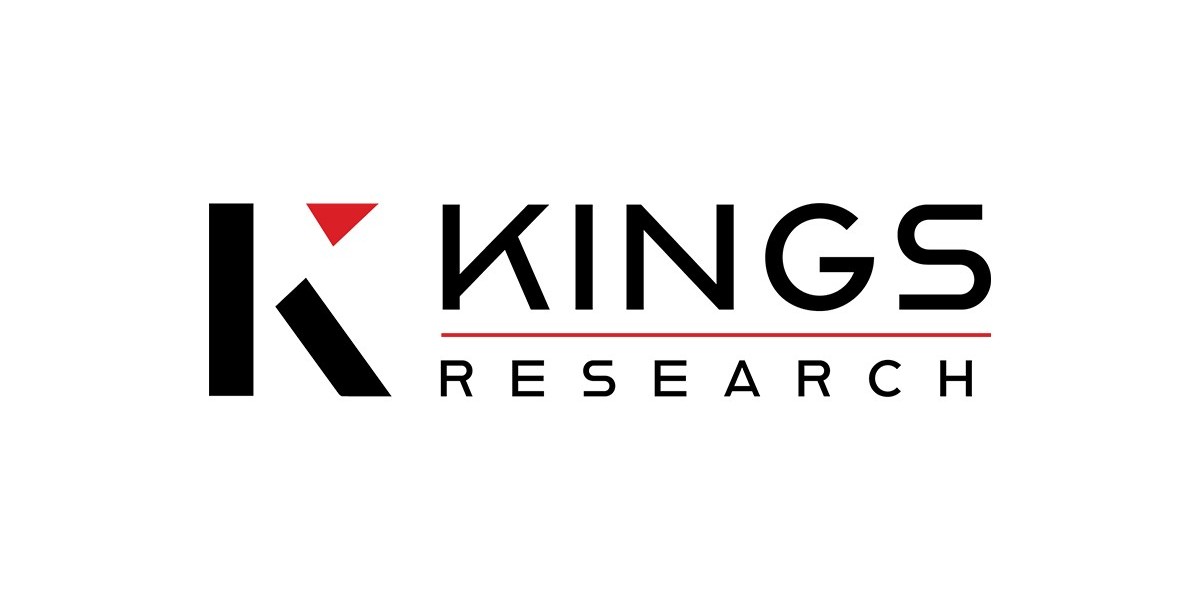What began as simple banner ads and email newsletters has now transformed into a multi-channel, data-driven, AI-powered ecosystem. The journey from basic internet promotions to highly personalized user experiences has been remarkable. So, how did we get here? Let’s take a deep dive into the history and evolution of digital marketing to understand the milestones that shaped it.
Transform Your Digital Strategy with BetaTest Solutions! Get insights into the latest trends and the evolution of digital marketing. Read more: https://betatestsolutions.com
The Origins: A Look Back at the Early Web
Where It All Began
The history of digital marketing dates back to the early 1990s, shortly after the invention of the World Wide Web. Websites were static, internet speeds were slow, and digital ads were just simple pop-ups or banner ads placed on rudimentary web pages. Email marketing was the dominant strategy, thanks to its direct approach and low cost.
Search Engines Change the Game
As search engines like Yahoo and Google emerged, so did search engine optimization (SEO). Marketers began optimizing websites with keywords, and ranking on search results became critical. This was a major turning point in digital marketing history because it introduced strategy into what was earlier just content placement.
The Rise of Social Media: A Cultural Shift
Social Becomes Strategic
In the early 2000s, platforms like MySpace and Friendster popped up, but it was Facebook, Twitter, and YouTube that truly changed the game. For the first time, brands could engage with audiences in real time and on a personal level. The history and evolution of digital marketing accelerated at this point, moving from one-way communication to two-way engagement.
User-Generated Content Takes Over
With social platforms, users began creating their own content—reviews, photos, and videos. Influencer marketing started here, and digital strategy expanded beyond websites into conversations and communities.
The Mobile Era: Marketing on the Move
Smartphones Reshape Strategies
The release of the iPhone in 2007 marked another shift in digital marketing history. Now, people are online all the time, not just at their desks. Mobile-responsive websites, SMS campaigns, and location-based marketing became necessary tools.
Apps and Notifications Take Control
As mobile apps became the norm, push notifications, in-app ads, and mobile video ads became integral. Marketers started optimizing experiences for mobile-first users, completely changing how campaigns were designed and delivered.
The Data Revolution: Analytics and Personalization
Marketing Becomes Smarter
Data collection tools like Google Analytics gave marketers insight into user behavior like never before. Conversion rates, bounce rates, session durations—all these metrics became part of the marketer’s vocabulary. The history and evolution of digital marketing now entered the age of precision.
Personalization and Automation
Tools like email segmentation and marketing automation platforms allow brands to deliver the right message to the right person at the right time. This era was defined by relevance, and generic campaigns began to fade.
The Content Boom: Value-Driven Strategy
From Selling to Helping
People got tired of being sold to, and marketers took notice. Content marketing—blogs, videos, infographics—became the new normal. The goal shifted from pushing products to providing value. This pivot marked an important chapter in the history of digital marketing.
SEO and Content Work Hand in Hand
Now, it wasn’t just about stuffing keywords; it was about creating useful, high-quality content that answered real questions. Google's algorithm updates reinforced this trend, prioritizing relevance and authority.
The Social Commerce Surge
Selling Where People Scroll
The lines between social media and e-commerce started to blur. Platforms like Instagram and Facebook began integrating shopping features. Now users could go from liking a product to buying it—all without leaving the app. This changed how product discovery worked in the digital marketing history timeline.
Live Shopping and Real-Time Engagement
Live video commerce and influencer-hosted product launches are now a part of modern marketing. This interactive style of selling was unheard of even a few years ago but is now mainstream.
AI, Automation, and the Rise of Smart Marketing
The Future Arrives Early
With AI tools entering the mix, marketing got a lot more efficient. From writing ad copy to predicting user behavior, artificial intelligence began automating time-consuming tasks. Chatbots, recommendation engines, and predictive analytics became part of daily strategy.
Hyper-Personalized Experiences
Thanks to AI, marketers can now tailor messages to individual preferences, buying habits, and even browsing patterns. The history and evolution of digital marketing reached a new level—where human-like interactions are powered by machine learning.
The Role of BetaTest Solutions in Today’s Marketing Ecosystem
As marketing grows more complex, it becomes harder to ensure that campaigns and platforms deliver the desired user experience. This is where BetaTest Solutions steps in. By offering rigorous pre-launch testing, usability studies, and performance diagnostics, BetaTest Solutions helps marketers eliminate bugs, refine interfaces, and perfect the customer journey.
Digital marketing may be about strategy and creativity, but execution matters just as much. BetaTest Solutions bridges the gap between concept and reality, helping businesses test and validate their digital campaigns before going live—ultimately enhancing brand reputation and user trust.
Omnichannel Marketing: Consistency Across Platforms
The Need for Seamless Integration
Today’s consumers interact with brands across websites, emails, social media, and mobile apps. Omnichannel marketing ensures that each touchpoint offers a consistent experience, whether someone is browsing a blog or checking out a product on Instagram.
The Analytics Advantage
This unified strategy is made possible through advanced tracking and data sharing across platforms. It also allows brands to refine campaigns in real-time based on multi-source feedback.
Privacy and Ethics: New Challenges for Marketers
Data Privacy Becomes Central
With regulations like GDPR and growing concerns over privacy, marketers now have to be more transparent and ethical in how they collect and use data. This shift in consumer expectations has forced a rethinking of targeting and personalization strategies.
Building Trust Is the New Goal
In this new era, trust is as valuable as traffic. Brands are investing in secure, transparent communication and opting for privacy-focused advertising models that still deliver impact.
Conclusion
The history and evolution of digital marketing is a story of innovation, adaptation, and transformation. From the earliest banner ads to today’s AI-powered, omnichannel campaigns, digital marketing has never stood still. It reflects our changing technologies, habits, and values.
As the field continues to evolve, tools like BetaTest Solutions play a crucial role in making sure that strategy and execution align perfectly. In an age where every click counts, marketers need partners that ensure flawless performance, smart engagement, and continuous improvement.
Digital marketing isn’t just about keeping up anymore—it’s about staying ahead. And understanding its history is the first step in shaping its future.
FAQs
1. When did digital marketing begin?
Digital marketing started in the early 1990s, with the first wave of banner ads, email campaigns, and simple search engine listings.
2. How has social media impacted digital marketing history?
Social media transformed digital marketing from a one-way communication model into an interactive, real-time engagement tool, reshaping how brands connect with audiences.
3. What role does mobile play in digital marketing today?
Mobile is central—most users now access content via smartphones, making mobile-first strategies and responsive design essential to modern digital campaigns.
4. How does BetaTest Solutions support digital marketing efforts?
BetaTest Solutions helps companies test and perfect their digital experiences before launch, ensuring campaigns are bug-free, user-friendly, and high-performing.
5. Why is personalization important in digital marketing evolution?
Personalization improves user engagement by tailoring content to individual preferences, making campaigns more relevant and effective.
Source: https://www.find-topdeals.com/blogs/232539/How-Has-Digital-Marketing-Changed-Over-the-Years








